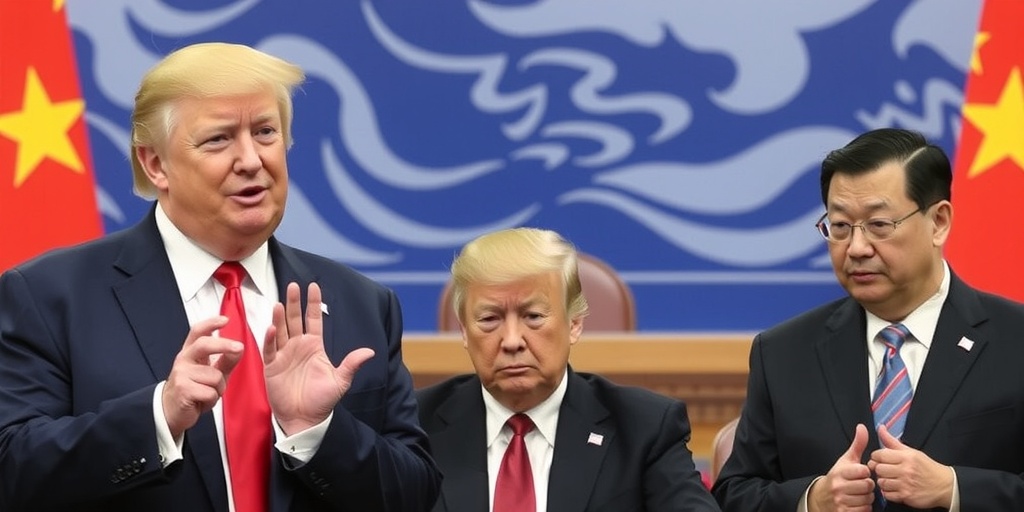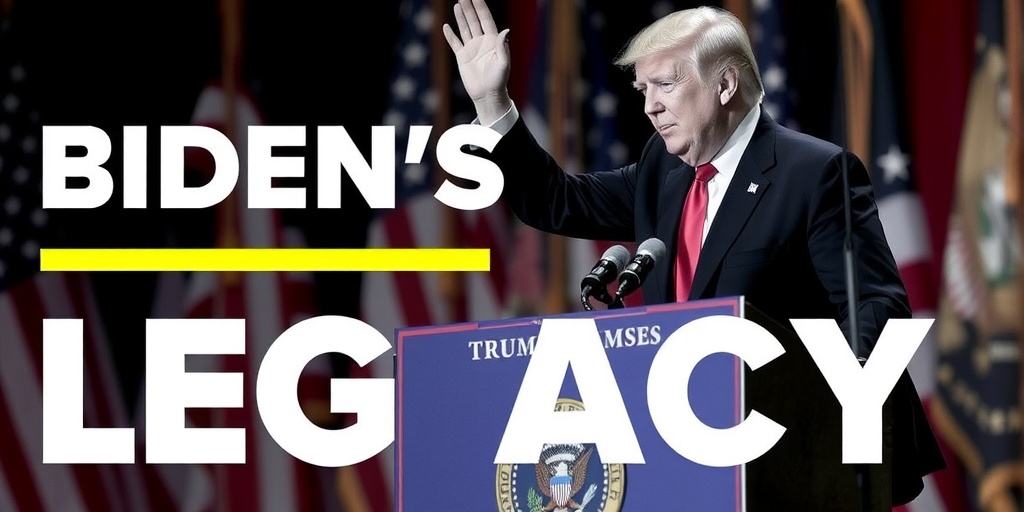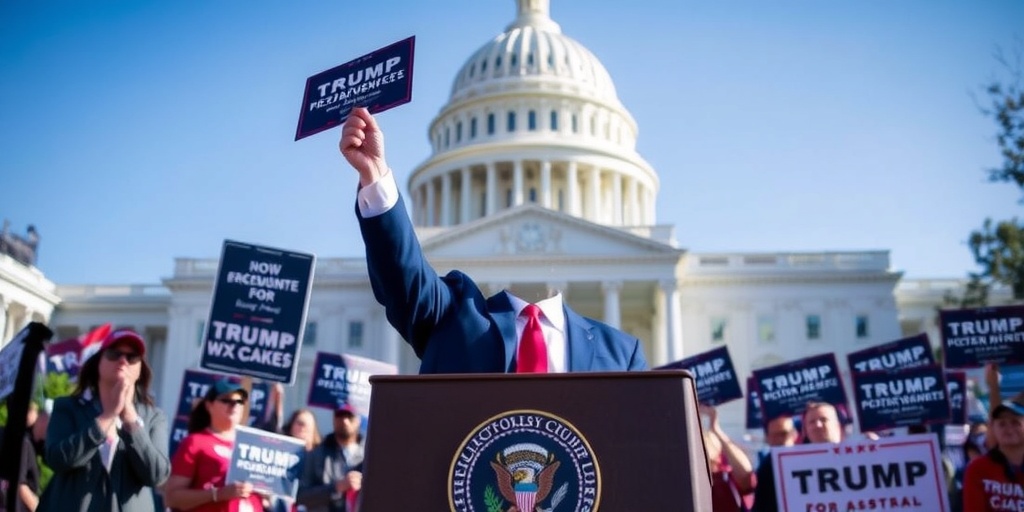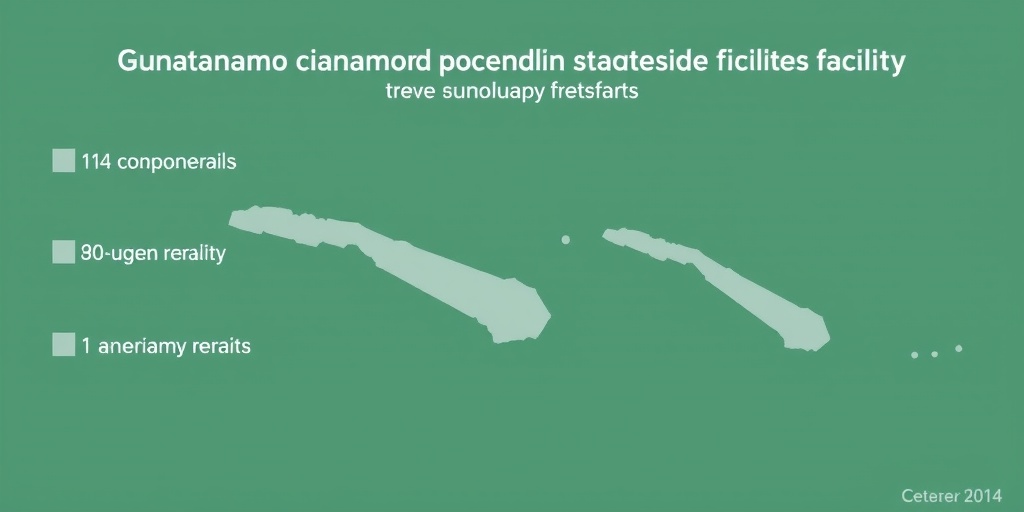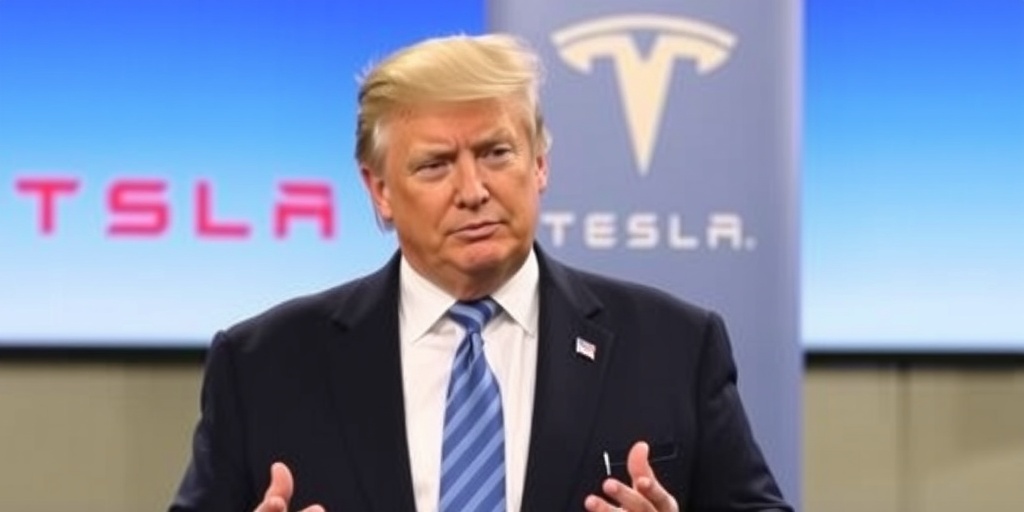Now Reading: Trump Appointee Filmed Influencer Videos While at Work
-
01
Trump Appointee Filmed Influencer Videos While at Work
Trump Appointee Filmed Influencer Videos While at Work
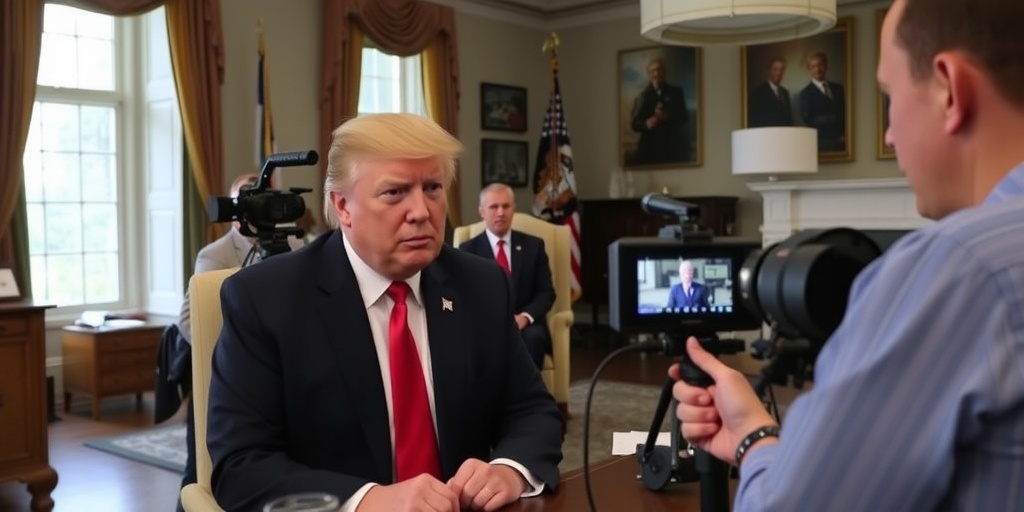
Title: Controversy Arises as OPM Spokeswoman Promotes Fashion on Social Media Amid Layoffs
On a day marked by significant layoffs at the Office of Personnel Management (OPM), which affected hundreds of employees—including approximately 20 individuals in the communications division—McLaurine Pinover, the agency’s chief spokeswoman, created a stir by posting an Instagram video. In this light-hearted clip, she showcased her outfit, captioned “a moment for mixed patterns,” drawing significant attention given the context of her federal position amidst widespread layoffs.
The event transpired concurrently with a memo distributed by OPM, instructing all federal agencies to compile lists of underperforming employees for potential termination. Pinover, in her video, sported an eye-catching purple skirt available for purchase at $475, benefitting from commissions through a link provided in her post. This incident has sparked criticism, highlighting a recurring theme during the Trump administration of officials leveraging their government positions for personal financial gain.
Ethics watchdogs and former officials have promptly condemned Pinover’s timing and approach as not only unbecoming but also unlawful. Donald Sherman, the executive director and chief counsel of Citizens for Responsibility and Ethics in Washington, emphasized that public employees are forbidden from endorsing private companies while in government office. He noted that while the action might seem trivial on its own, the broader context renders it egregious. Sherman elaborated, stating, “The context of a president and an administration that are routinely engaged in profiteering” illustrates a glaring disregard for ethics that permeates this situation.
President Trump, legally exempt from certain conflict of interest laws, has come under scrutiny for maintaining business interests that intersect with his political duties. Reports indicate that his real estate dealings with foreign governments could influence diplomatic relations. Furthermore, billionaire Elon Musk, who has been called to assist in dismantling parts of the federal government, continues to seek federal contracts for his private enterprises. Such overlaps of business and governance have raised profound ethical concerns.
Compounding the issues, on the very day news of Pinover’s Instagram activities broke, President Trump purchased a red Tesla Model S on White House grounds—a spectacle that coincided with a swift decline in Tesla’s stock price. This display of financial transactions and personal enrichment amid ongoing federal workforce reductions paints a troubling picture of government ethics.
Pinover’s brief Instagram videos, lasting between four to nine seconds, featured her modeling outfits, applying makeup, and engaging with the camera in a casual manner, all while promoting items from which she stood to earn a commission. The spotlight on her account intensified following a report by CNN, which subsequently revealed that her Instagram account has been deleted. The associated commission account, ShopMy, has similarly been erased, leaving only Pinover’s name and an invitation to followers to “Shop my looks!”
In response to the mounting controversy, Pinover issued a statement asserting that she never profited from the videos, clarifying, “While I was battling breast cancer as a new mom, I turned to social media shortly after as a personal outlet. I never made any income and with only about 800 followers, I’m surprised the so-called ‘newspaper of record’ finds this newsworthy.” Despite her claims, Sherman reiterated that the critical factor was the intent to promote clothing and the ethical obligations of her role.
Pinover assumed her position within the Trump administration in January 2025; however, her venture into the fashion influencing sphere predates her official role at OPM. Prior to her appointment, she served as a senior director for the Herald Group, a consultancy and advocacy firm, beginning in August 2023. Additionally, she had previously worked as a spokesperson for Republicans on the House Foreign Affairs Committee. This background raises questions regarding her understanding of the ethical boundaries expected of public officials.
Former OPM employees voiced concerns that Pinover should have received appropriate warnings regarding acceptable conduct and the pursuit of side ventures while in a federal capacity. Such guidelines are typically covered in standard ethics briefings provided to new agency employees.
It remains uncertain whether Ms. Pinover encountered explicit warnings against such activities when she took on her role, as no immediate comment was provided by White House representatives. Viet Tran, who served as the deputy communications director for OPM during the Biden administration, noted that the use of federal property for personal promotion raises serious ethical questions about the administration’s integrity. Tran stated, “Use of public property to film one’s ‘fashion influencer’ videos should raise lots of ethical questions about how seriously the Trump administration is taking their oaths.”
The controversy surrounding Pinover’s actions underscores the ongoing challenges of maintaining ethical standards within government positions, particularly during an administration characterized by its complex intertwining of business interests and public service. The implications of such conduct may have lasting effects on public trust in governmental institutions, especially during a period marked by significant workforce reductions and economic uncertainty.
Stay Informed With the Latest & Most Important News
Previous Post
Next Post
-
 01New technology breakthrough has everyone talking right now
01New technology breakthrough has everyone talking right now -
 02Unbelievable life hack everyone needs to try today
02Unbelievable life hack everyone needs to try today -
 03Fascinating discovery found buried deep beneath the ocean
03Fascinating discovery found buried deep beneath the ocean -
 04Man invents genius device that solves everyday problems
04Man invents genius device that solves everyday problems -
 05Shocking discovery that changes what we know forever
05Shocking discovery that changes what we know forever -
 06Internet goes wild over celebrity’s unexpected fashion choice
06Internet goes wild over celebrity’s unexpected fashion choice -
 07Rare animal sighting stuns scientists and wildlife lovers
07Rare animal sighting stuns scientists and wildlife lovers













